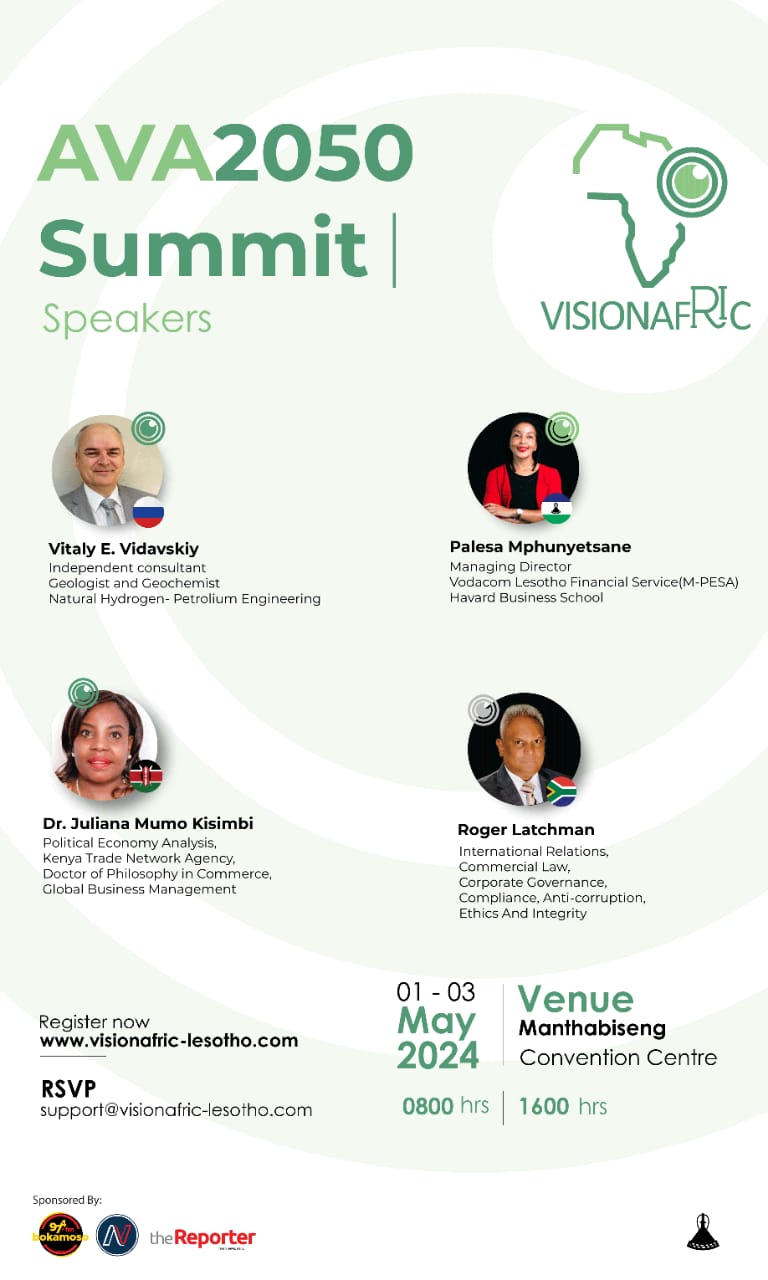Ntsoaki Motaung
As one of the strategies to help end AIDS by 2030, the United Nations Programme on HIV/AIDS (UNAIDS) has introduced the Education Plus initiative targeting adolescent and young women particularly in secondary schools.
Addressing the media on the sidelines of the World AIDS Day commemoration this week, UNAIDS Regional Director East and Southern Africa Anne Githuku-Shongwe indicated that the most important thing is to note that the world is nine years away from the end of AIDS, since there is a commitment by the world to end AIDS by 2030.
“We have assessed what it will take to end AIDS and one of the things that have emerged very strongly is the inequalities that persist particularly between men and girls, older men and younger girls both in terms of the economic challenges that they experience. We see that in a country like Lesotho, 26% of people living with HIV are young women while new infections of HIV AIDS in our region in Southern Africa account for 4200 new infections every week,†she said.
“If we are going to close the gap and end AIDS we have to do something dramatic almost revolutionary to change the trajectory of this pandemic,†she added.
She explained that, Education Plus is an initiative where the United Nations came together to commit to keeping girls in school as long as possible in a protected and safe environment to ensuring that they have a path way to economic activities, to protect them from violence and to make sure that they have all skills that they need to be able to live a productive life.
Meanwhile, Caroline Ngonze Coordinator- Education Plus Initiative UNAIDS, said the initiative focuses on secondary education as a strategic entry point to support adolescent girls and young women to transition to a very successful adulthood.
“Some key issues that have come up from held dialogs, statistics and studies we have is the lack of comprehensive sexuality education. The data is telling us that more than seven out of 10 adolescent girls and young women do not know how to prevent HIV but they are actually the biggest cohort of people getting infected, particularly in Lesotho we see the age group has three times infection rate more than their male peers,†she said.
She indicated that, the question would be why is the situation like this? “One of the issues coming up is, there is no adequate knowledge of how one can protect themselves from HIV that is comprehensive sexuality education. There is no access to sexual and reproductive health services that are adolescent friendly,†she said.
“We are looking to the way we can link the services to the school systems so that adolescents would be comfortable to access services. Also to ensure that school is a safe place for adolescents to learn and to be able to actually transition. With the initiative they will also be economically empowered to make a living after their transition into the field of work.
“One of the key driving points is that the data shows that with the plus package initiative HIV infection rates have actually reduced by up to almost 50% in countries like Botswana and 30% in Zambia. So it actually shows that with this comprehensive packages available we are going to reduce HIV infections amongst adolescent girls and young women thereby ending AIDS by 2030,†she said.
Other sectors implicated include health on the aspect of access to sexual and reproductive health services; while the Ministry of Finance also has a role to come up with plans of eliminating fees for secondary education and the Ministry of Gender for all the legal frame works that protect adolescent and young women against GBV.




